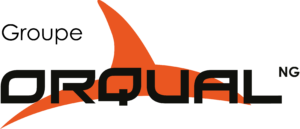Cybercrime in the healthcare sector
Unfortunately, cybercrime is an increasingly recurrent phenomenon in all areas of life.
And for several years now, the healthcare sector has been particularly hard hit (hospitals, doctors’ surgeries, etc.).
As you probably know, 2021 has seen its share of cyberattacks.
Whether in hospitals (as in Dax or Villefranche-sur-Saône), but also in smaller structures, such as doctors’ surgeries (as we saw, for example, with the ransomware that ran rampant at the beginning of October).
Health data is now considered to be particularly sensitive, and needs to be protected to the full. However, the healthcare system is unprepared for such attacks, so there are gaps in data protection.
As a result, the risks for targeted structures can be considerable: blocked hospitals or surgeries, extortion or scam attempts, ransom demands.
And this can happen to any structure storing healthcare data such as patient data.
So what are the best practices for avoiding this situation?
Firstly, as in any business, your passwords need to be complex enough not to be hacked, as they can be a first port of entry for hackers.
Use special characters, numbers, capital letters, or even better: password generators!
Secondly, all employees need to be made aware of the subject, and even more so if they have access to the firm’s mailbox.
This will make it easier to spot fraudulent e-mails, which can sometimes be the source of cyber-attacks.
Never click on a suspicious-looking button or attachment!
Finally, we can’t stress this enough, but data backups are essential. Whether you use an external host or internal hard drives.
We advised you during the last ransomware attack that affected some of our customers last October: try to make two to three backups a day, on different hard disks, and take care not to connect these hard disks simultaneously.
To make things easier, you can also count on
Orqual Save
Our automatic data backup solution.
We offer different types of backup, depending on your needs, to secure your practice data.
So you know that in the event of an incident, you’ll always have a copy of your data, updated thanks to an automatic daily backup.


